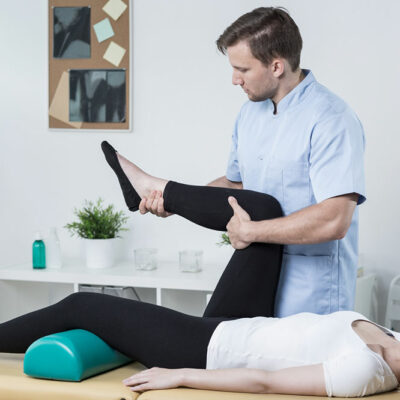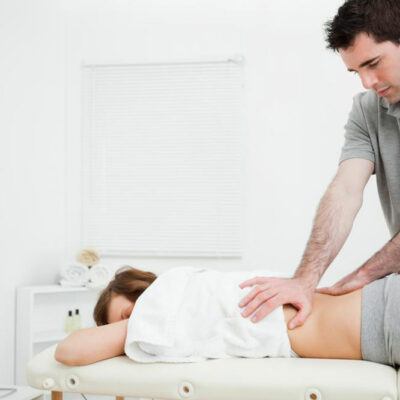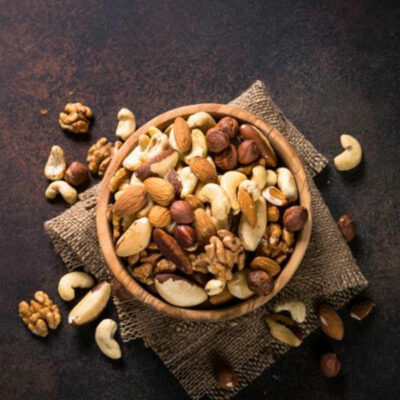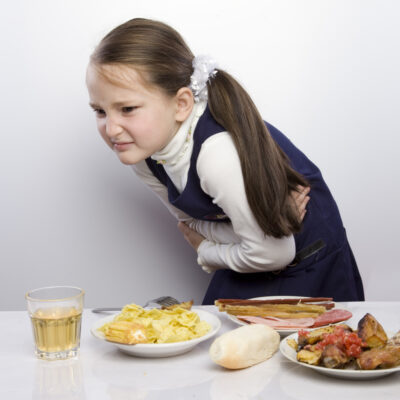
Health
Prevention Of Lyme Disease Before And After A Tick Bite
Lyme disease is caused by bacteria but spread by the bite of the tick. The prevention of Lyme disease focused on two aspects, one is to avoid the tick bite and second to avoid infection once a tick bites. The article explains how you can do this. Prevention of Lyme disease The prevention of Lyme disease can be done in two ways. One is by ensuring that you are not bitten by the tick, which is a vector. The second involves taking preventive measures to avoid being infected by bacteria after a tick bite. Pre-tick-bite prevention You need to take precautions to avoid a tick bite. Preventive measures to take include: Fence your outdoor areas to keep away deer. Avoid rats by not allowing places for them to stay. You can use tick pesticides in your yard as a preventive measure. Cover yourself completely to avoid being bitten when you go outdoors to areas frequented by deer and wild animals. Use an insect repellent cream with DEE or oil of lemon eucalyptus to keep ticks away. Shower after coming from outdoors and check your body carefully for ticks. Check your pets as they can carry ticks on their skin/fur. Post-tick bite prevention In case you find a tick on your body or have experienced a tick bite, don’t worry.
Read More 















